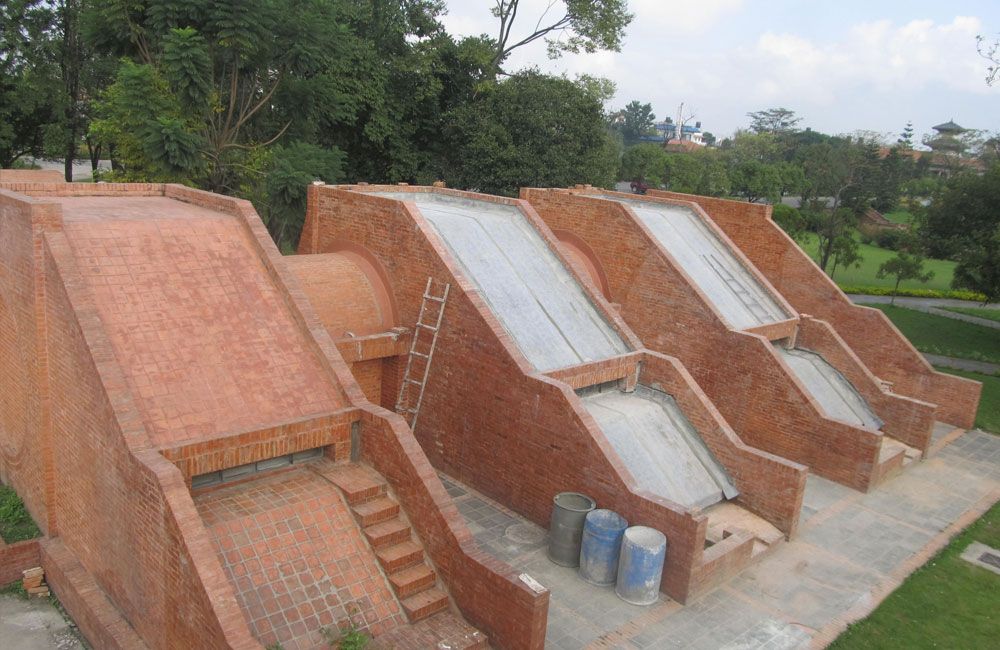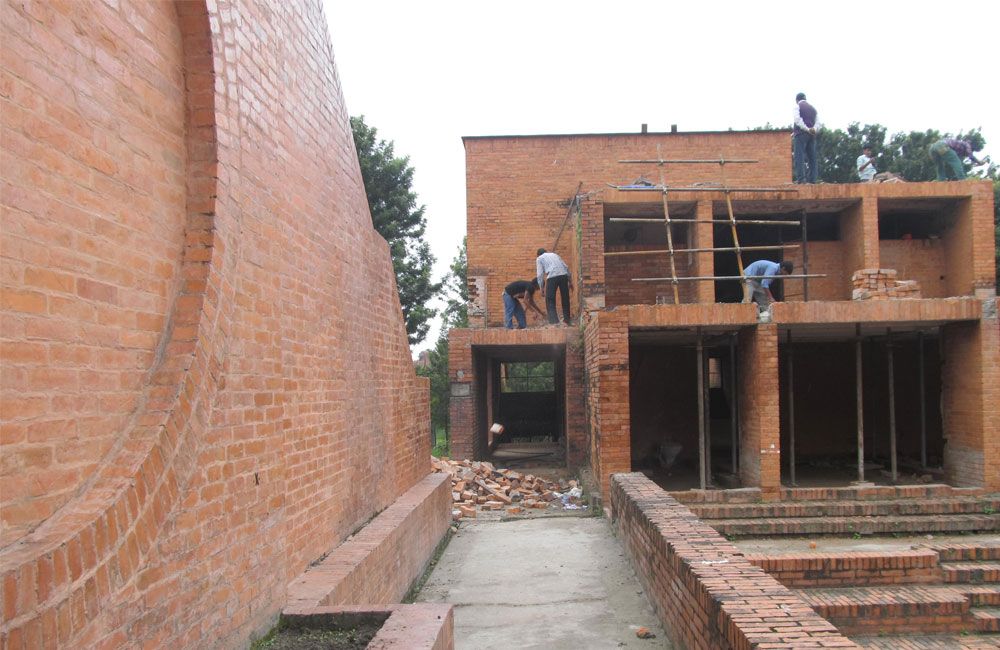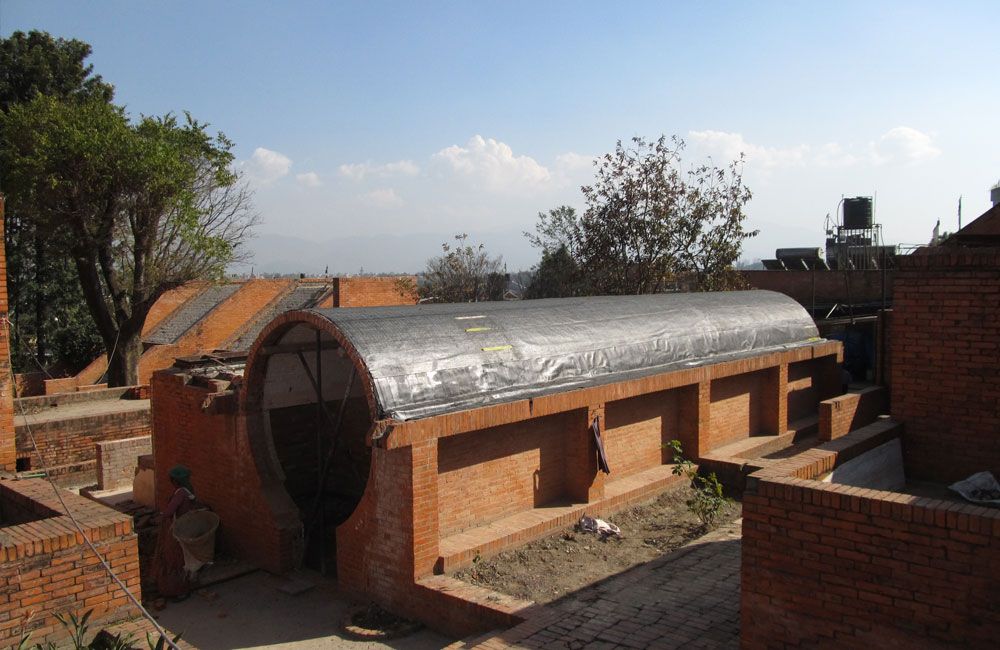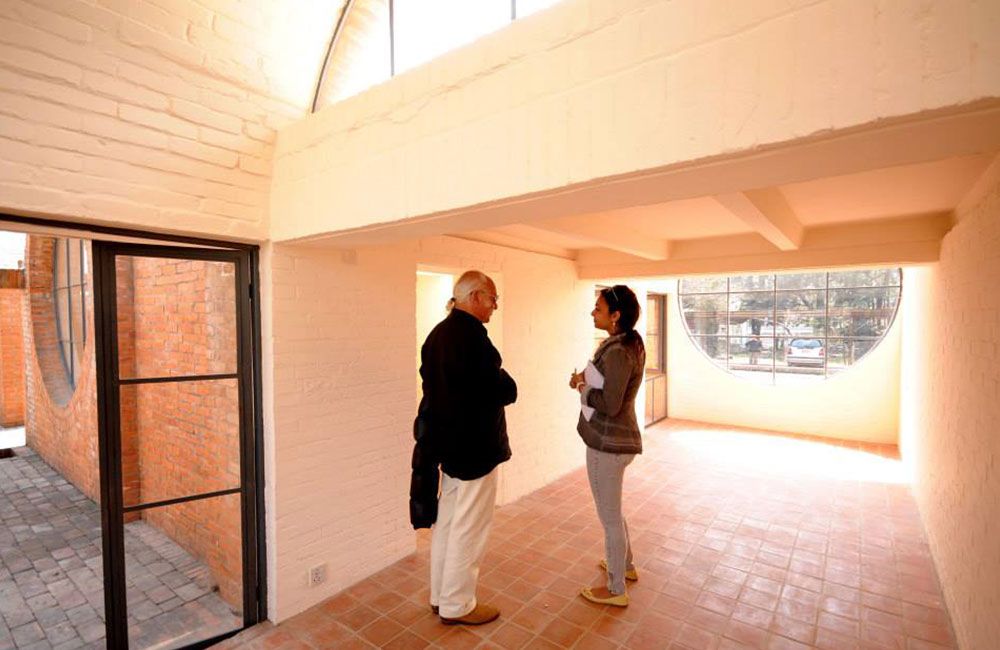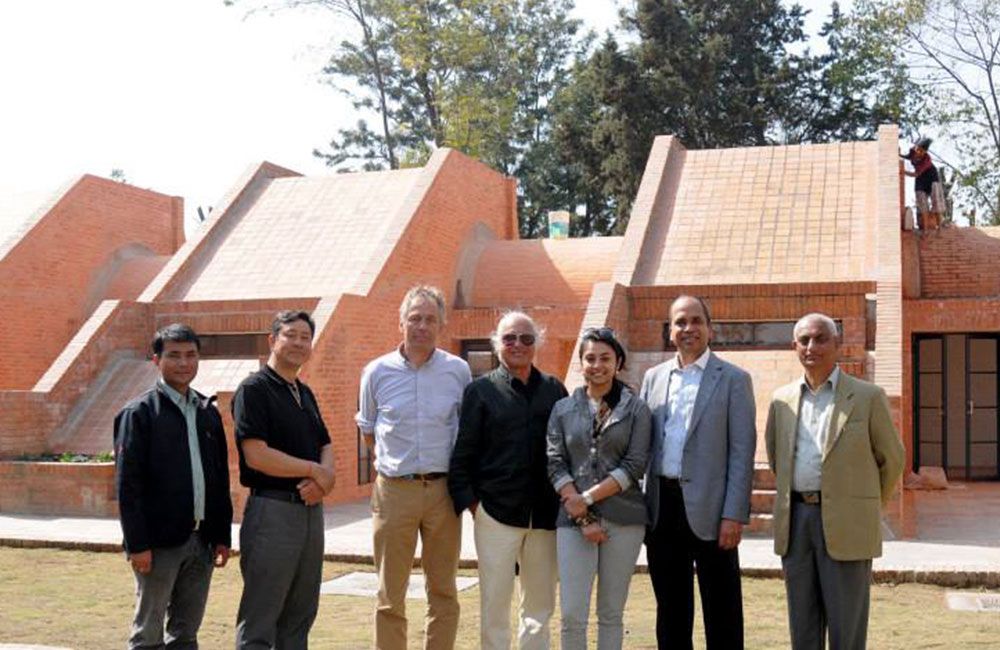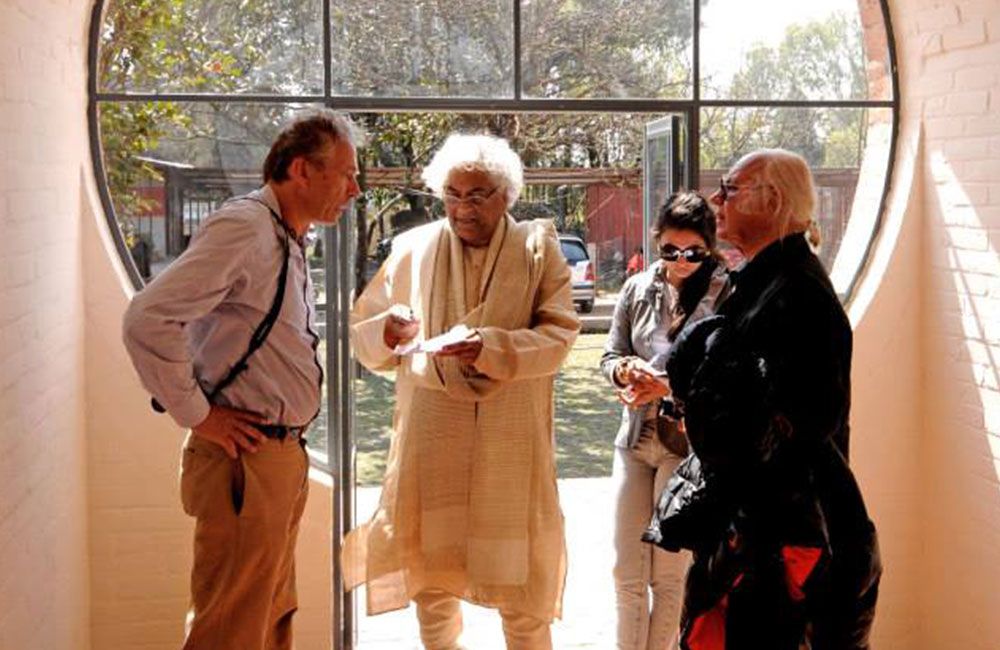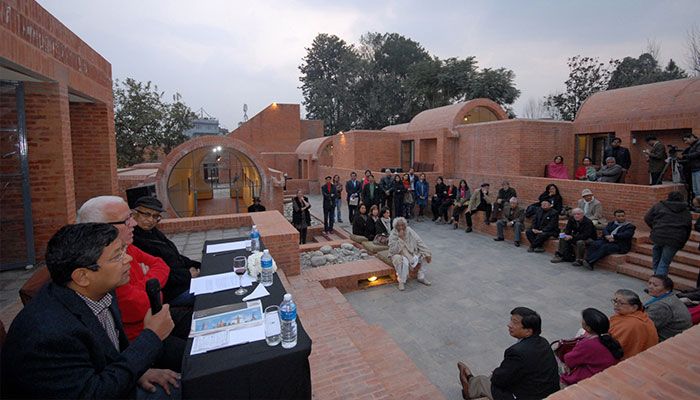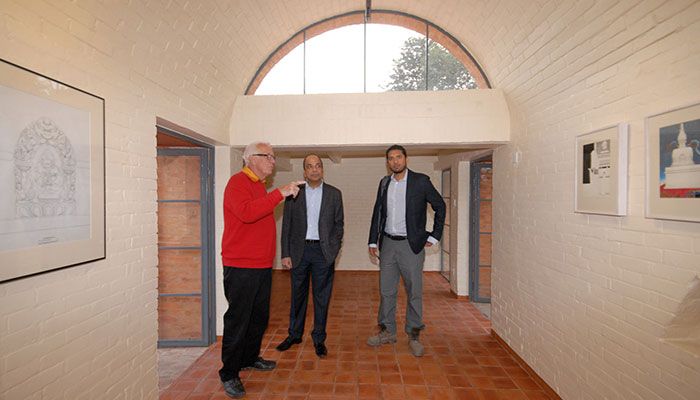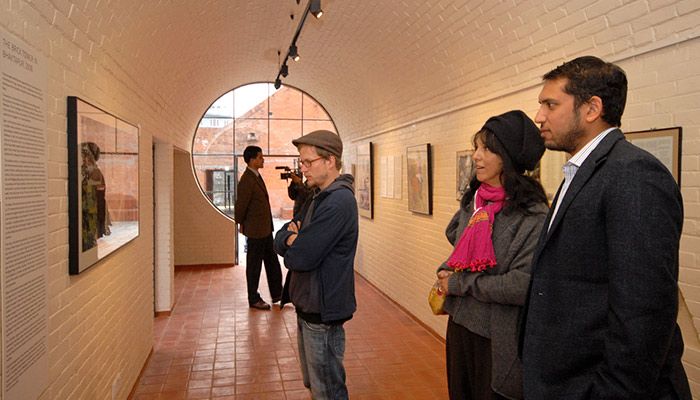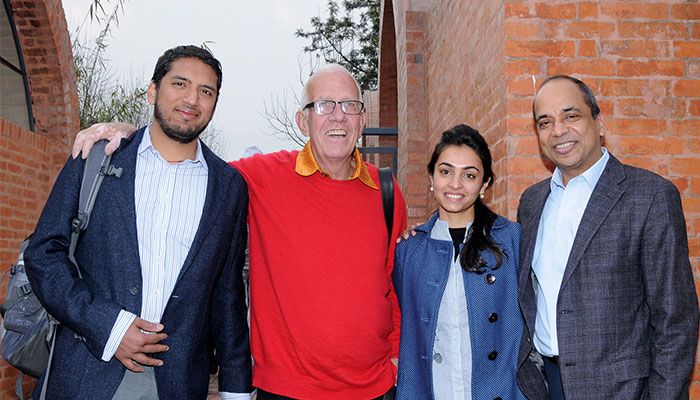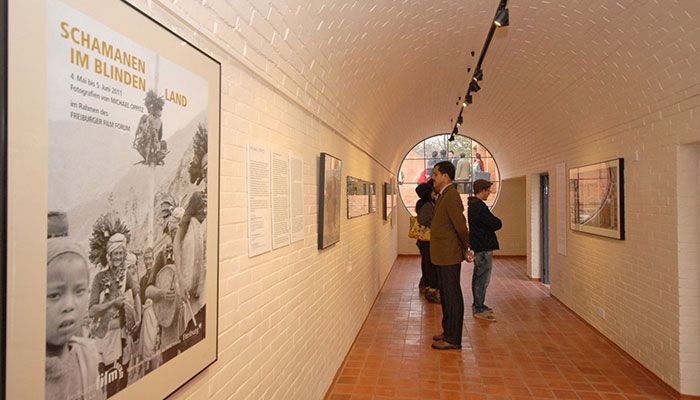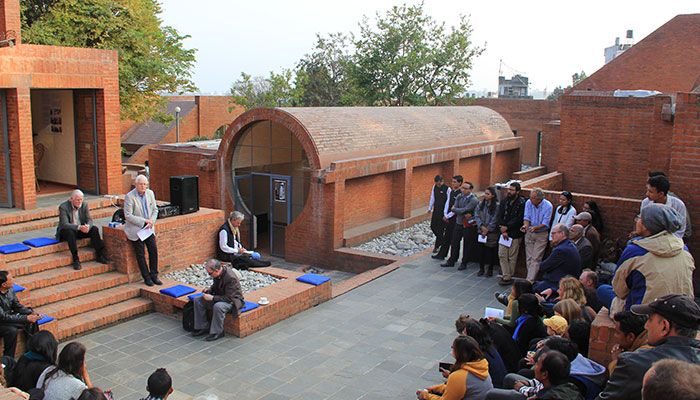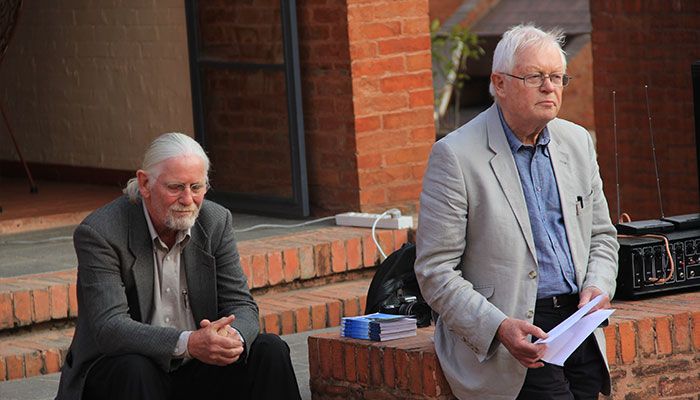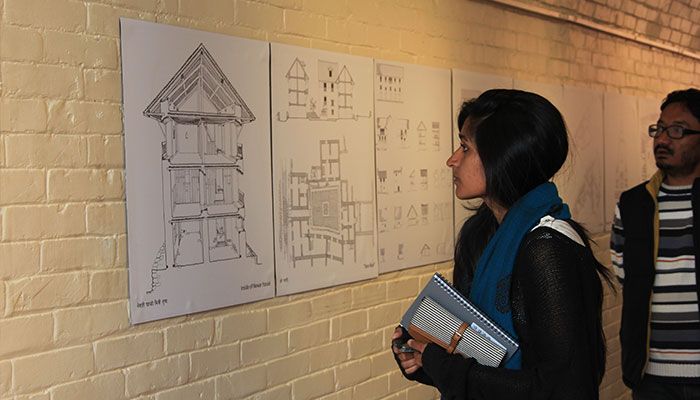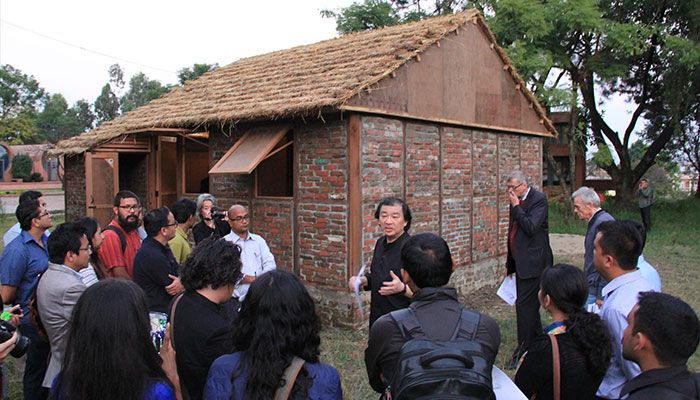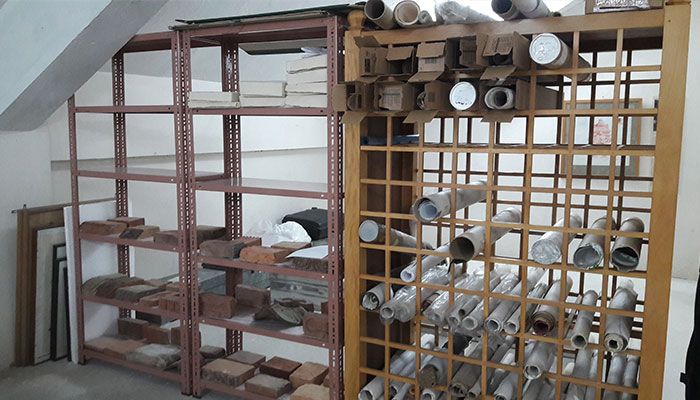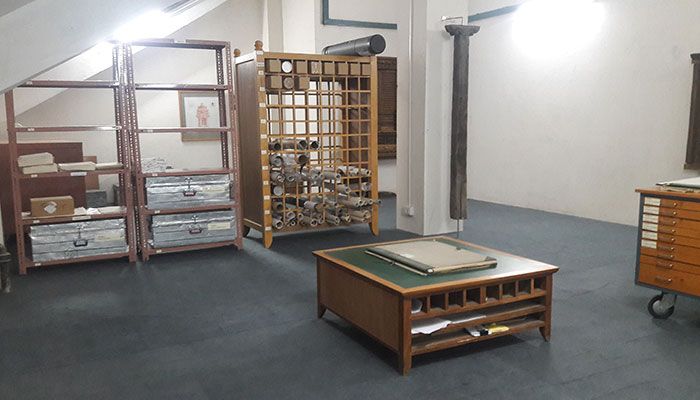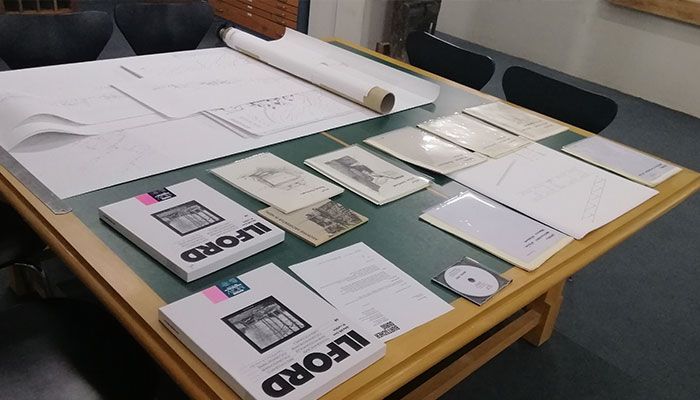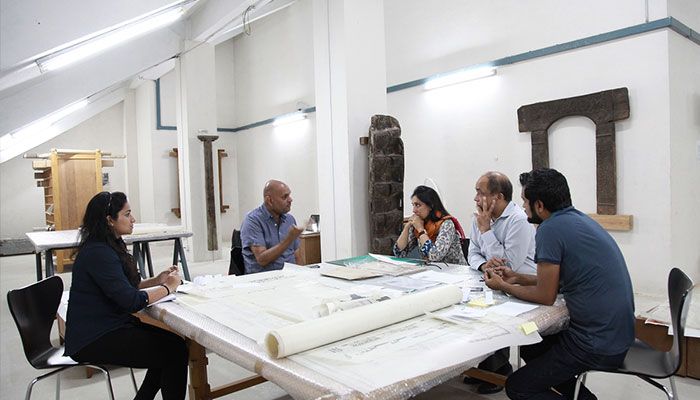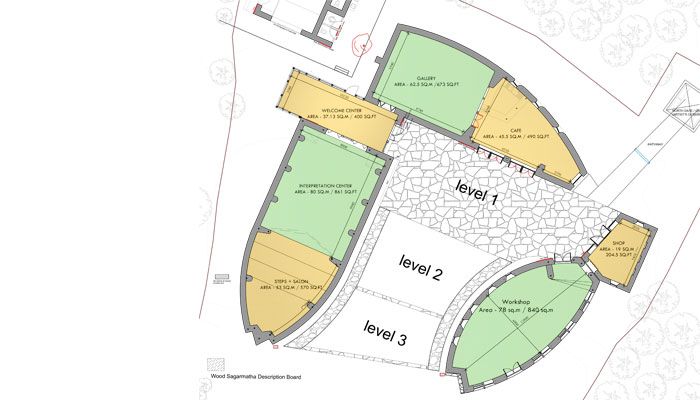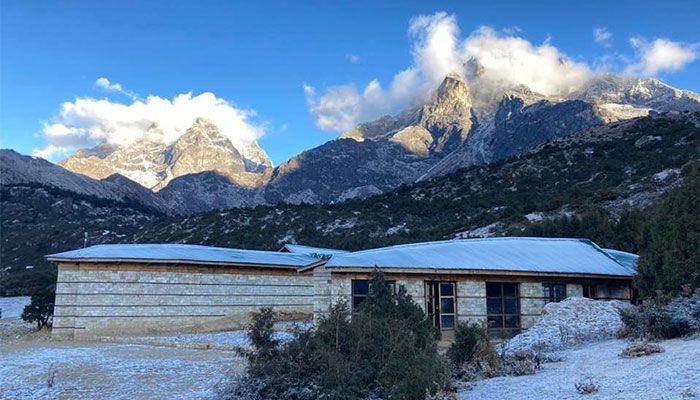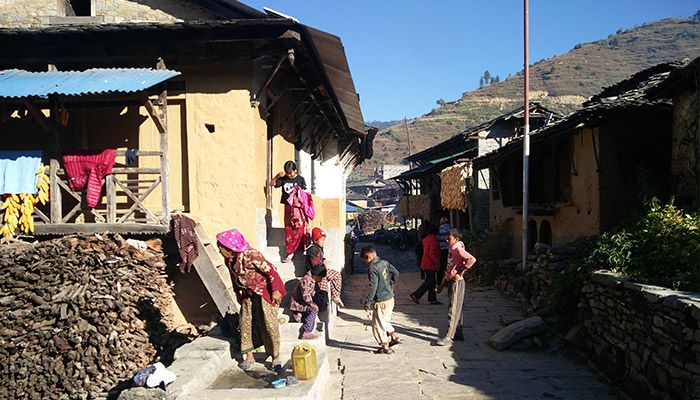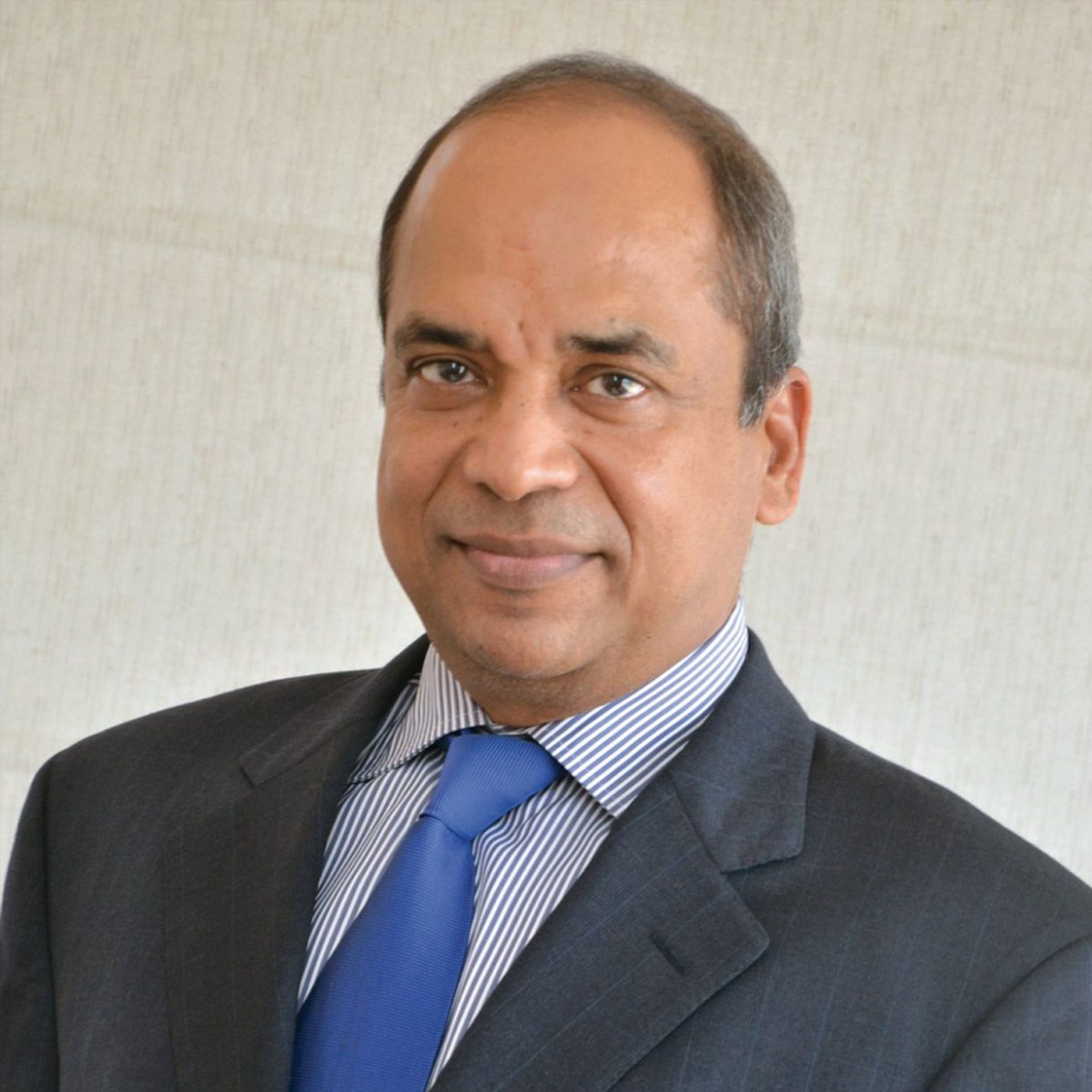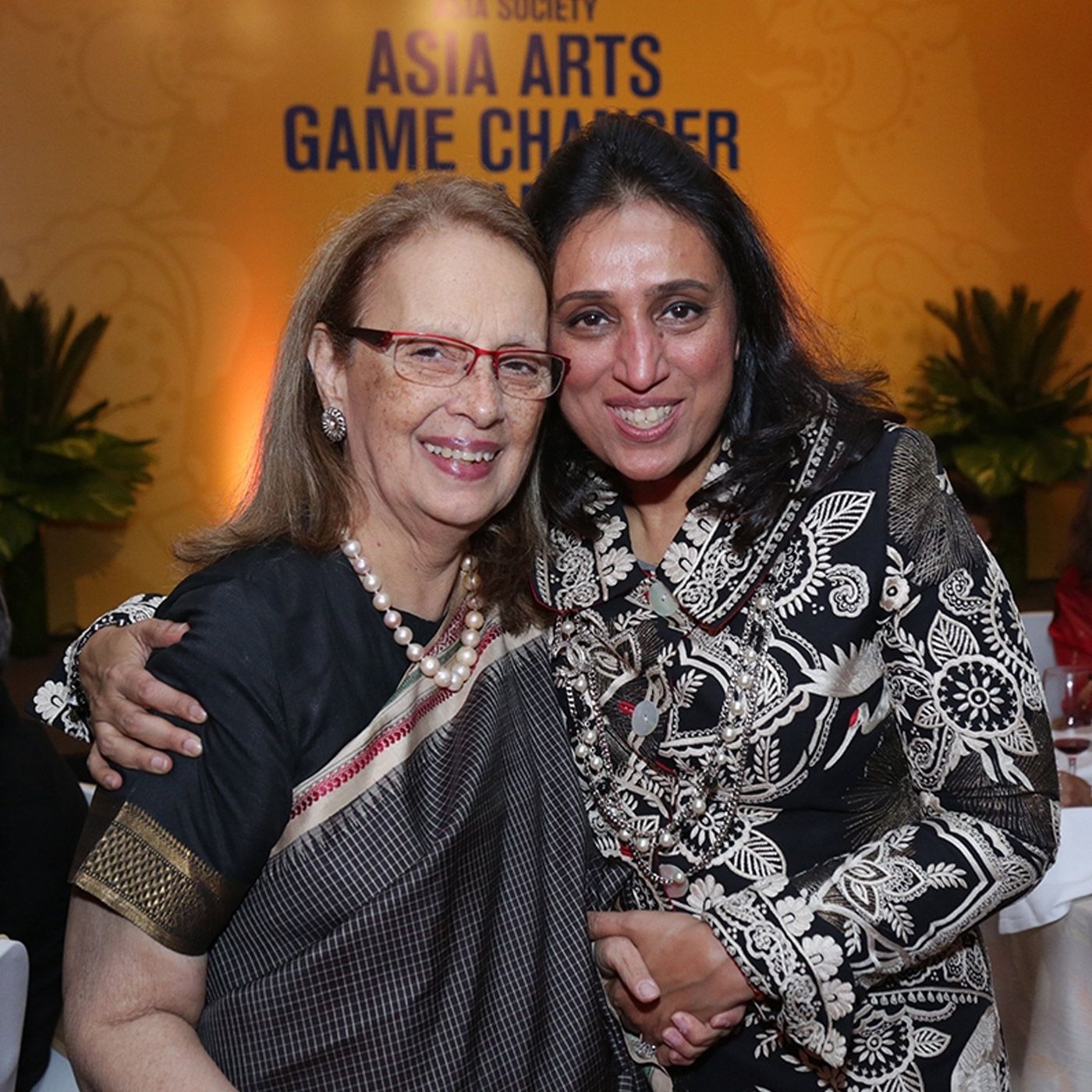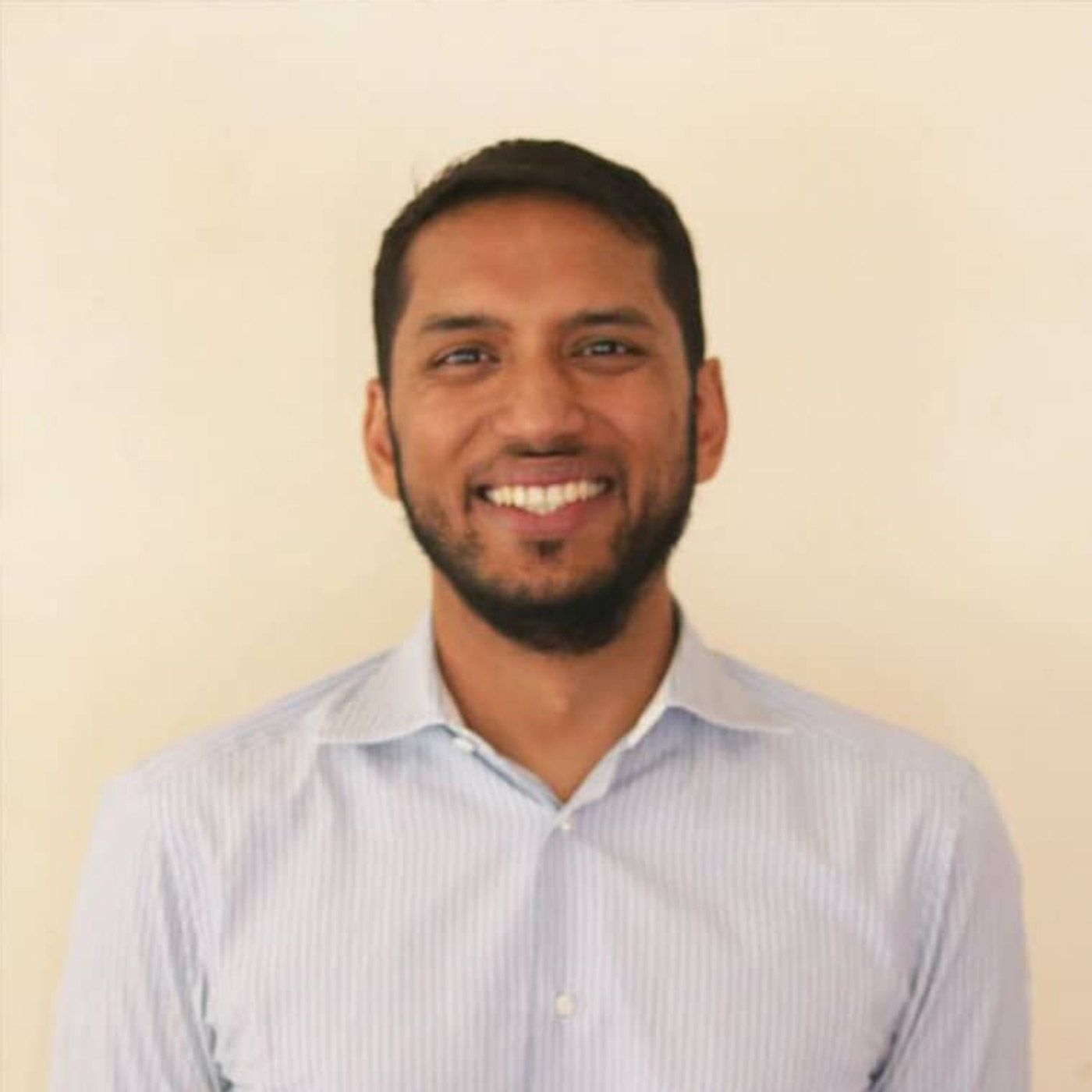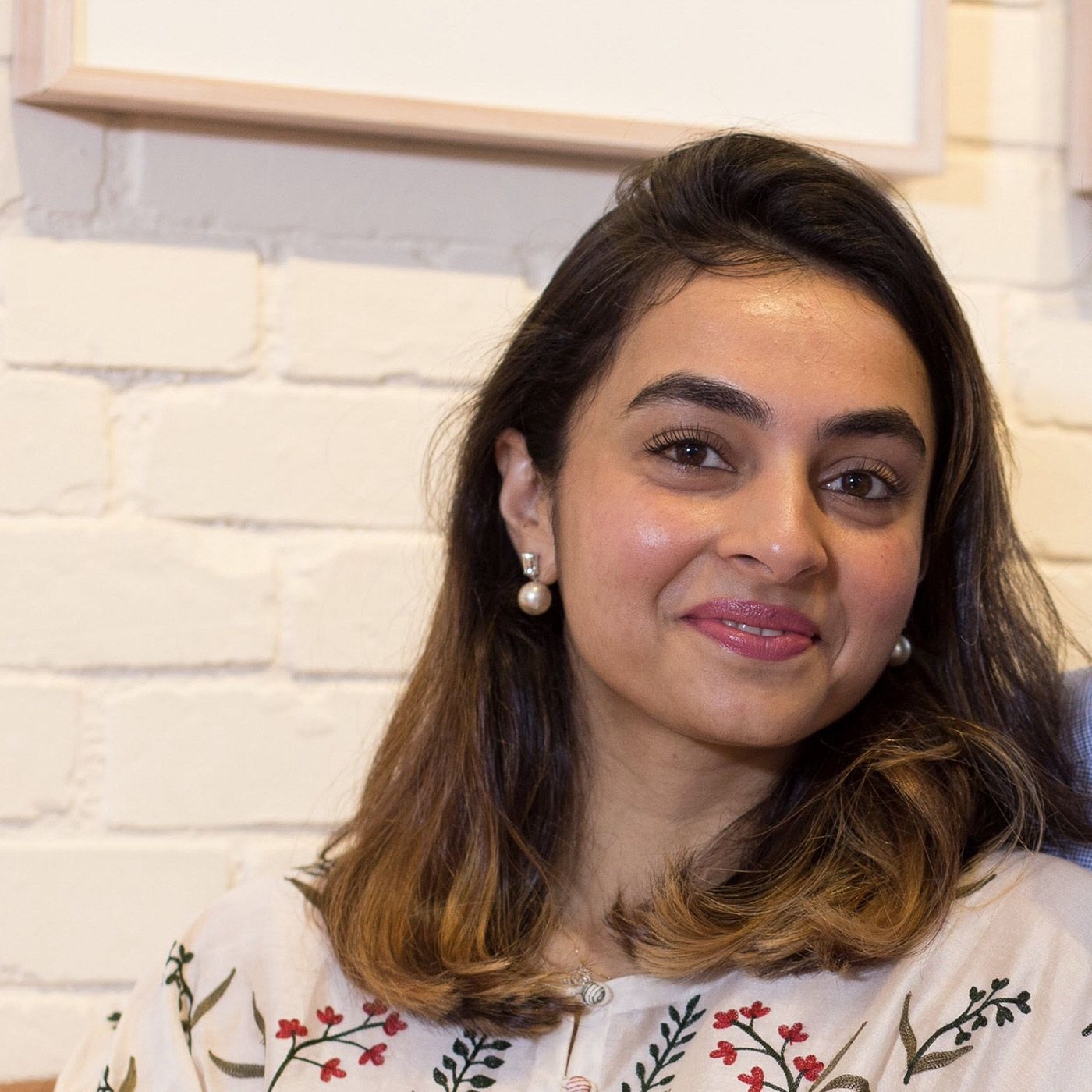Our story begins with the remarkable journey of Mr. Radhe Shyam Saraf – a pioneer in the fields of trade, tourism, and social welfare.
The inception of the Saraf Foundation is rooted in the history of his family, beginning in 1947, when Mr. Radhe Shyam Saraf moved to Kalimpong for work, as trade routes to Tibet opened up.
In 1950, he embarked on his own business there, slowly expanding to India and Tibet – wherein he grasped the local language fluently, and took great initiative to learn about their culture and ways of life, thus building strong relations with Tibetan Rinpoches and Lamas. Mr. Radhe Shyam Saraf remained committed to these local communities – in Nepal and Tibet – and their histories throughout his life. Over time, his engagement took the form of long-lasting outreach and social welfare projects.
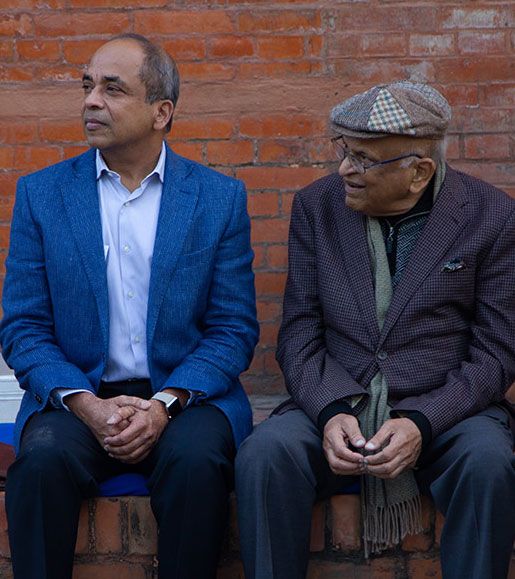

Milestones
1980
2009
2010
2011
2013
2015
The second Taragaon Lecture series – Bungamati 1968 – is hosted by Danish Architects Jørgen Rahbek Thomsen & Jens Wærum.
In collaboration with the German Embassy, we began planning an exhibition with Nepali and German artists.
In April, we witnessed a devastating earthquake of 7.8 magnitude, obliterating lives, infrastructure, and our landscape. Addressing this natural disaster, we collaborated with Shigeru Ban, a Japanese architect and launched Nepal House Project – to combat post- earthquake rehabilitation and reconstruction concerns. With this project, a successful prototype of resilient housing design was completed.
2016
The Saraf Foundation is officially registered as a non-profit organization in Nepal.
The Nepal Architecture Archive (NAA) launches this year, along with the Foundation Charter and an archival space designed by Neils Gutschow. NAA continues to acquire documents, photographs, and research on Nepal and the Himalayan landscape from scholars across the world.
2017
Sagarmatha Next is established – a research space, conceptualised by our Director, Varun Saraf. This is the first project of the Himalayan Museum and Sustainable Park, situated in Syangboche, and aims to promote sustainable tourism.
2022
- +977-01-5178105
- Boudhanath Sadak, Kathmandu 44600, Nepal

